You’ve been thinking about it for months. Maybe years. Every time you see a beautiful piece of textile art online, you tell yourself “One day…”
Finally, you decide: Today’s the day! You’ll start that creative project you’ve been dreaming about.
You gather some fabric scraps you’ve been saving. You find your old sewing box. You clear a space at the kitchen table and…
And then what?
You realise you’re not sure where to begin. So you think maybe you should look up some techniques first. You open your laptop to do some research.
But there’s so much information… And your inbox needs checking while you’re here… Oh, and you should probably put another load of washing on… And didn’t you promise to call your sister? And it’s almost time to start dinner anyway…
Another day slips by without creating anything.
Tomorrow, you tell yourself. When I have more time. When I know more. When I’m more organised. When life is less busy.
Deep breath. You’re not alone. In fact, you’re in excellent company. Every accomplished textile artist started exactly where you are now – with a desire to create and uncertainty about how to begin.
The difference? They found a way to start. And today, we’re going to show you how you can too.
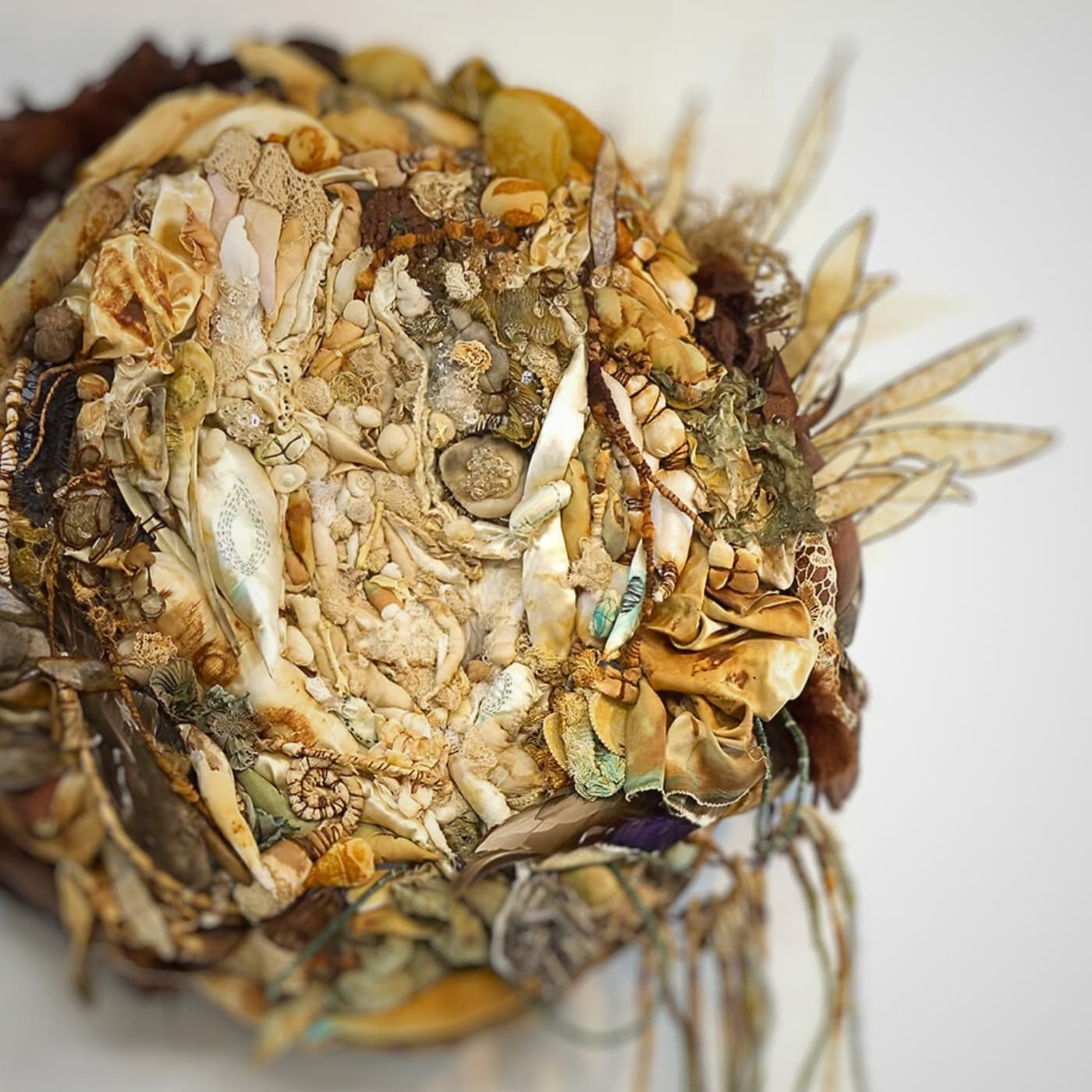
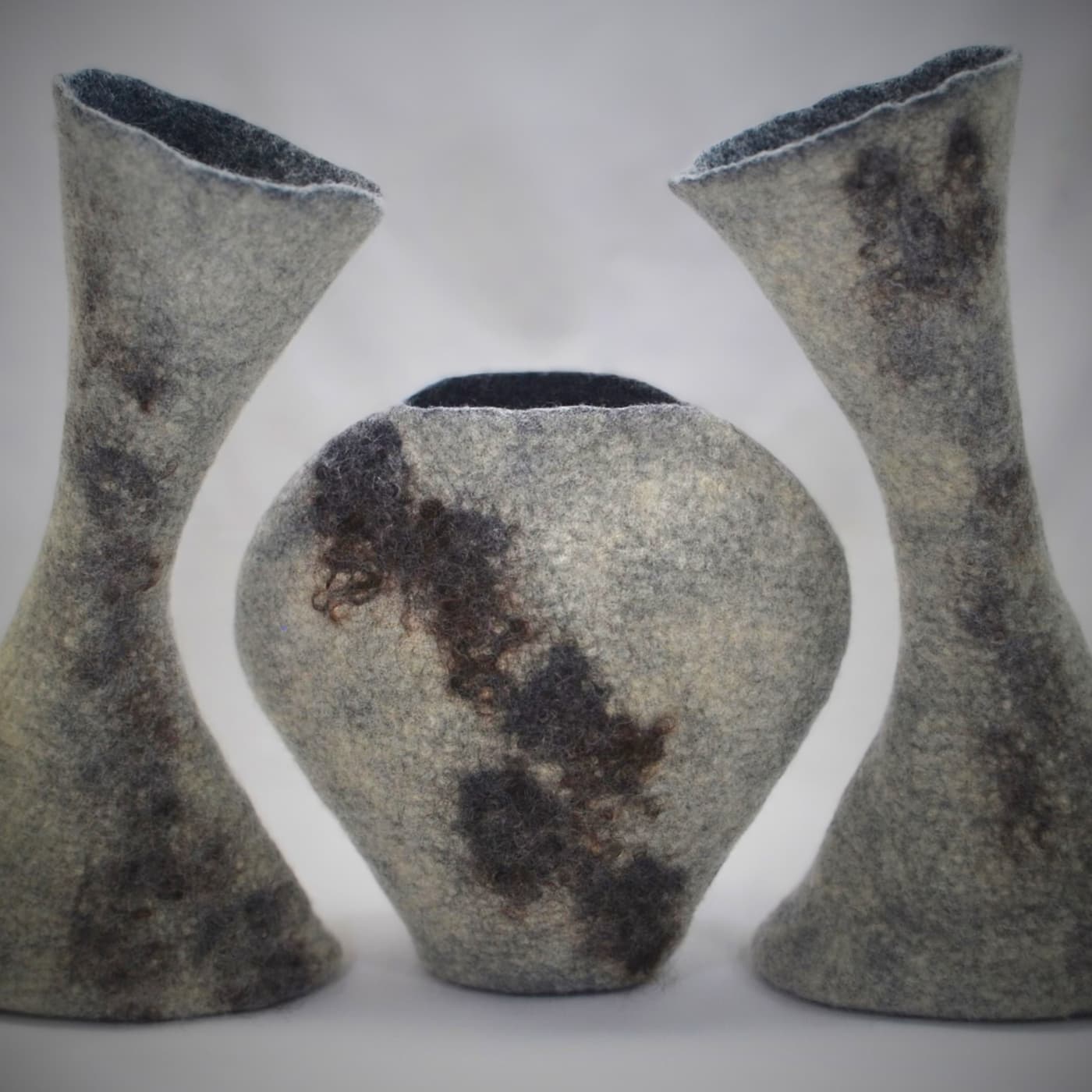
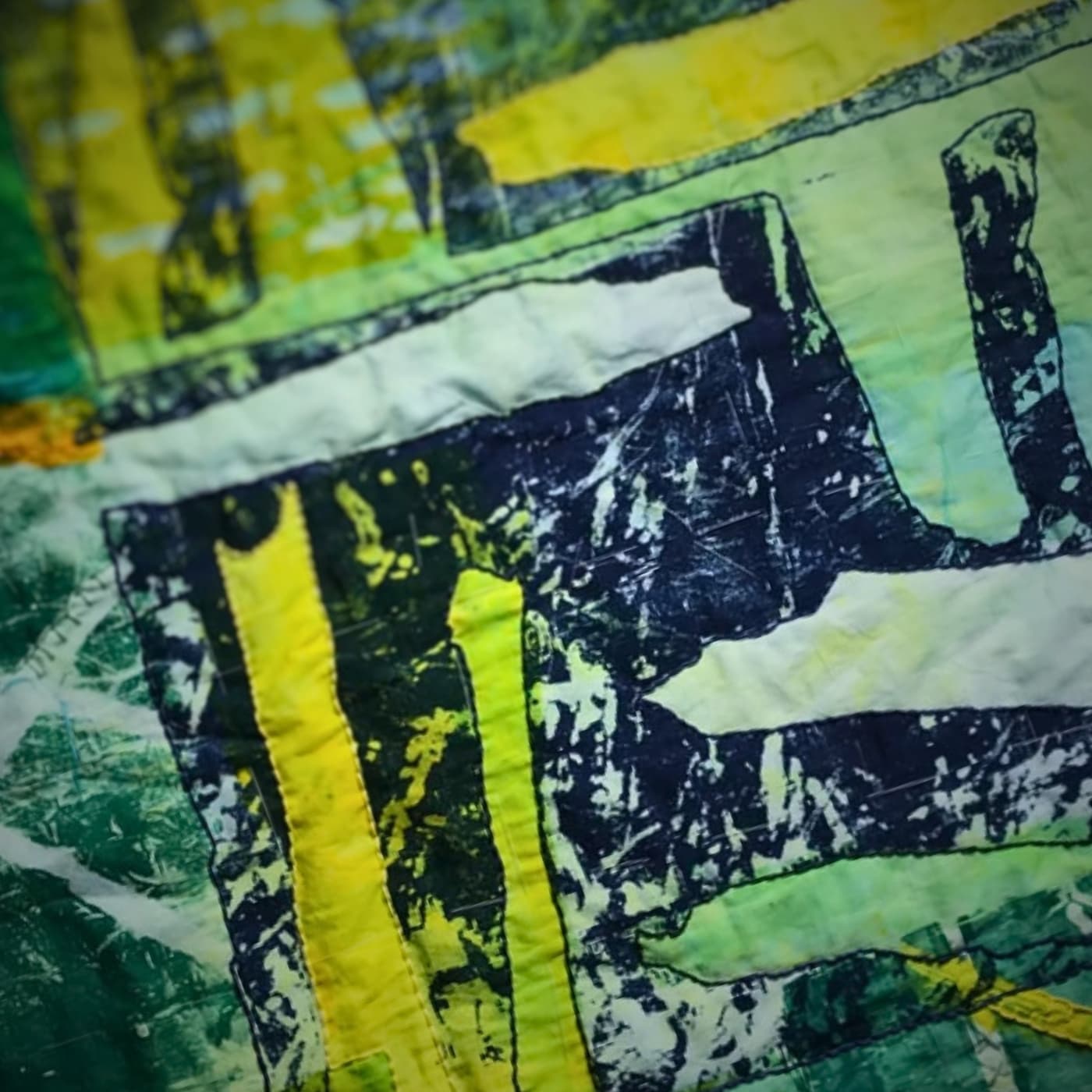
The real barriers & why they won’t stop you anymore
The time trap
“I’ll create when I have more time,” you tell yourself. But here’s the painful truth: That mythical expanse of free time will never arrive. Life has a way of filling every available moment – unless you decide to claim some for yourself.
Every day you put off starting is another day of creativity lost forever. Another day without discovering the joy and peace that comes from working with your hands
Another day without making something meaningful and personal to display in your home or give as a treasured gift to a loved one.
Laura Otten, a Stitch Club member who broke free, told us: “Before I thought I had to have big chunks of time to put into making art.”
“Now I understand that’s not the case and I am working far more regularly because of it. I can get something done in 30 minutes or less, and then tomorrow, I can spend another 30 minutes.”
“And eventually, I’m going to have something to show for it.”
“Doing workshops online that I can revisit in my own time, helps me break things into manageable chunks.”
Laura Otten, Stitch Club Member
The perfectionism prison
You stare at blank fabric, paralysed by the fear of making something “wrong.” But as Gregory T. Wilkins, a former Stitch Club tutor, reminds us: “Perfection is subjective. I prefer discovery. What you may think of as your imperfections as a stitcher help you to interpret what you see in a way that nobody else could.”
The overwhelm obstacle
Your mind buzzes with too many possibilities. So many ideas!
Will I do a rough edge or turned-under appliqué? Will I paint the background fabric first? Will I print photos on fabric to incorporate in the piece? Will I finish the piece with hand stitching or machine stitching?
Until the weight of choices crushes your creative spark entirely.
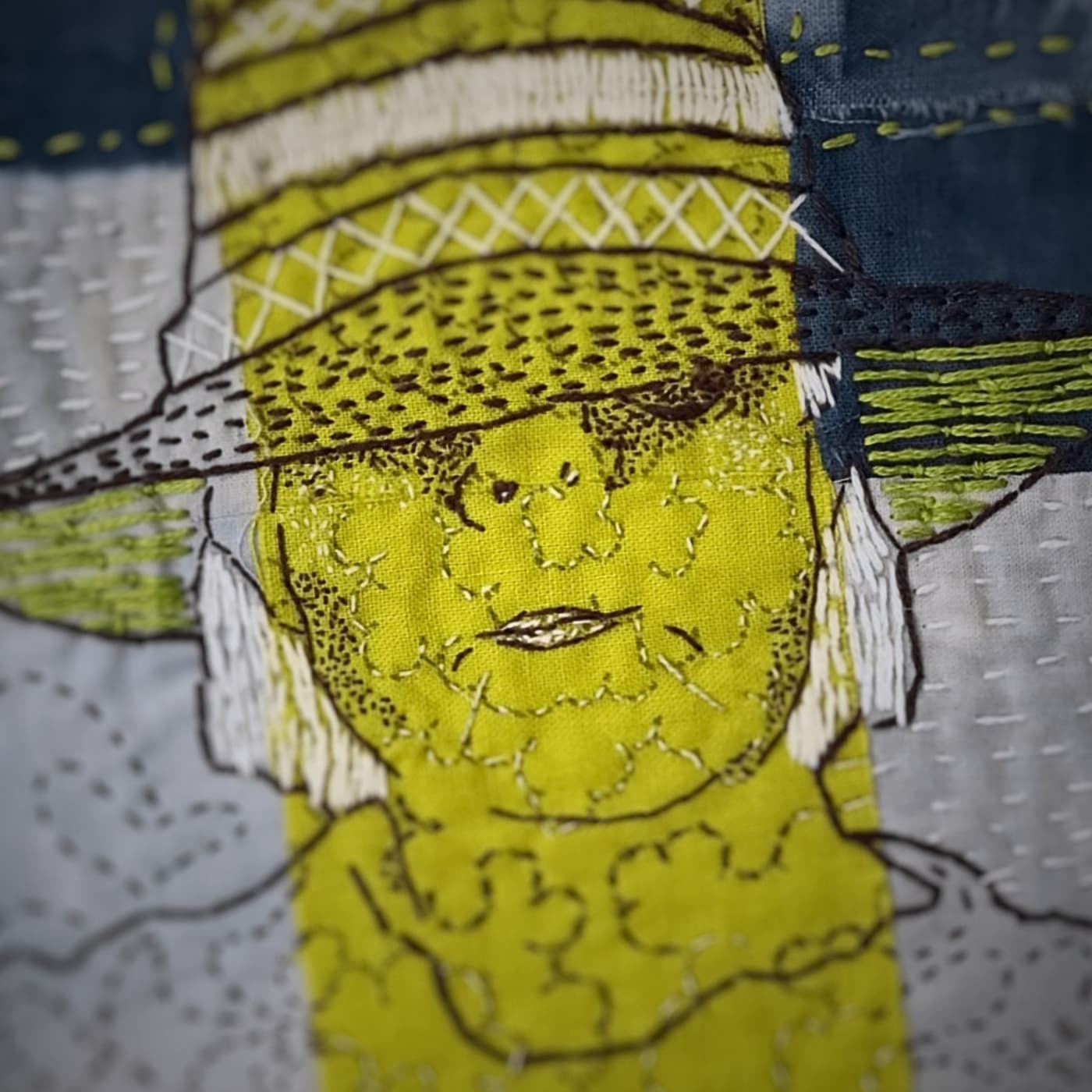
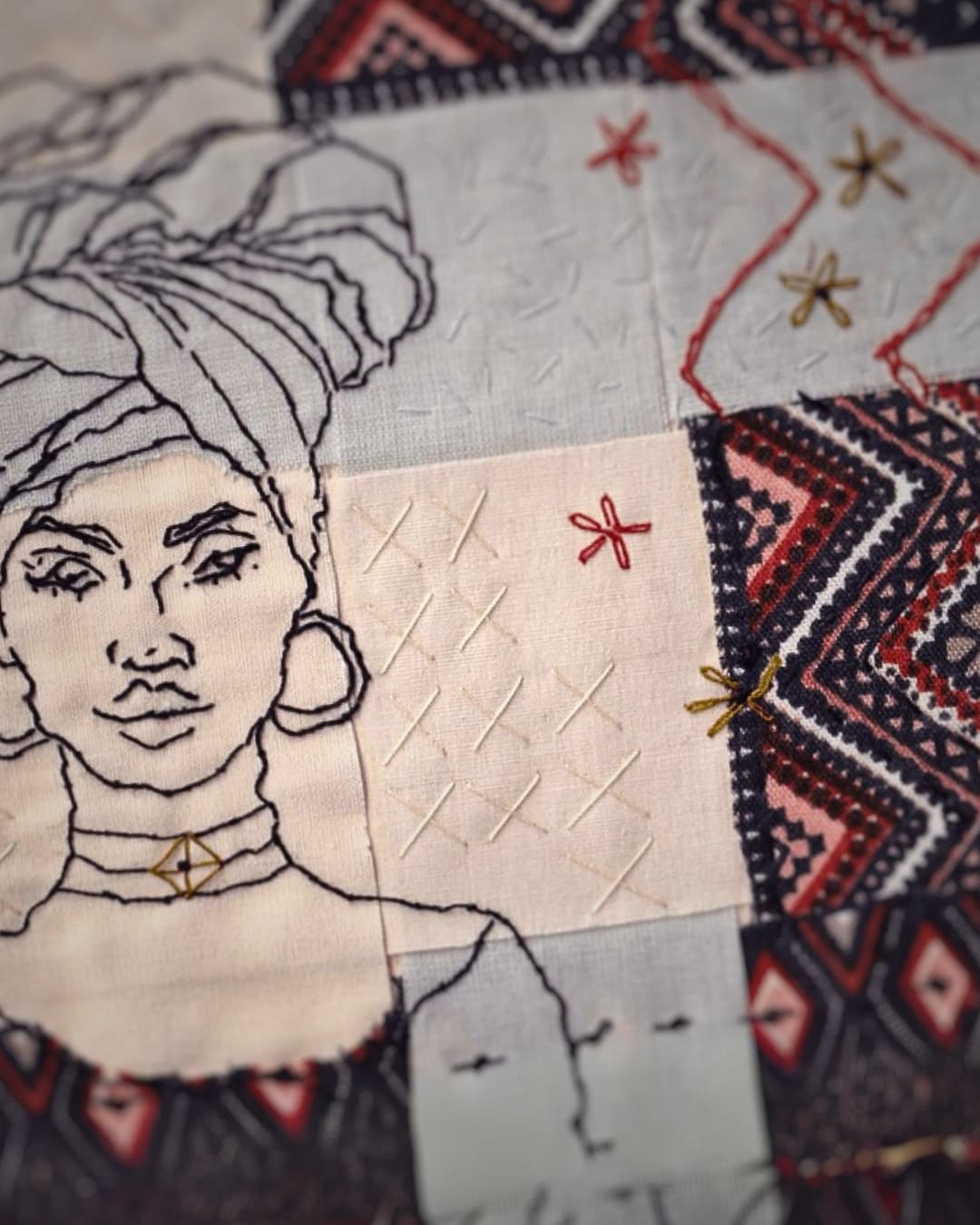
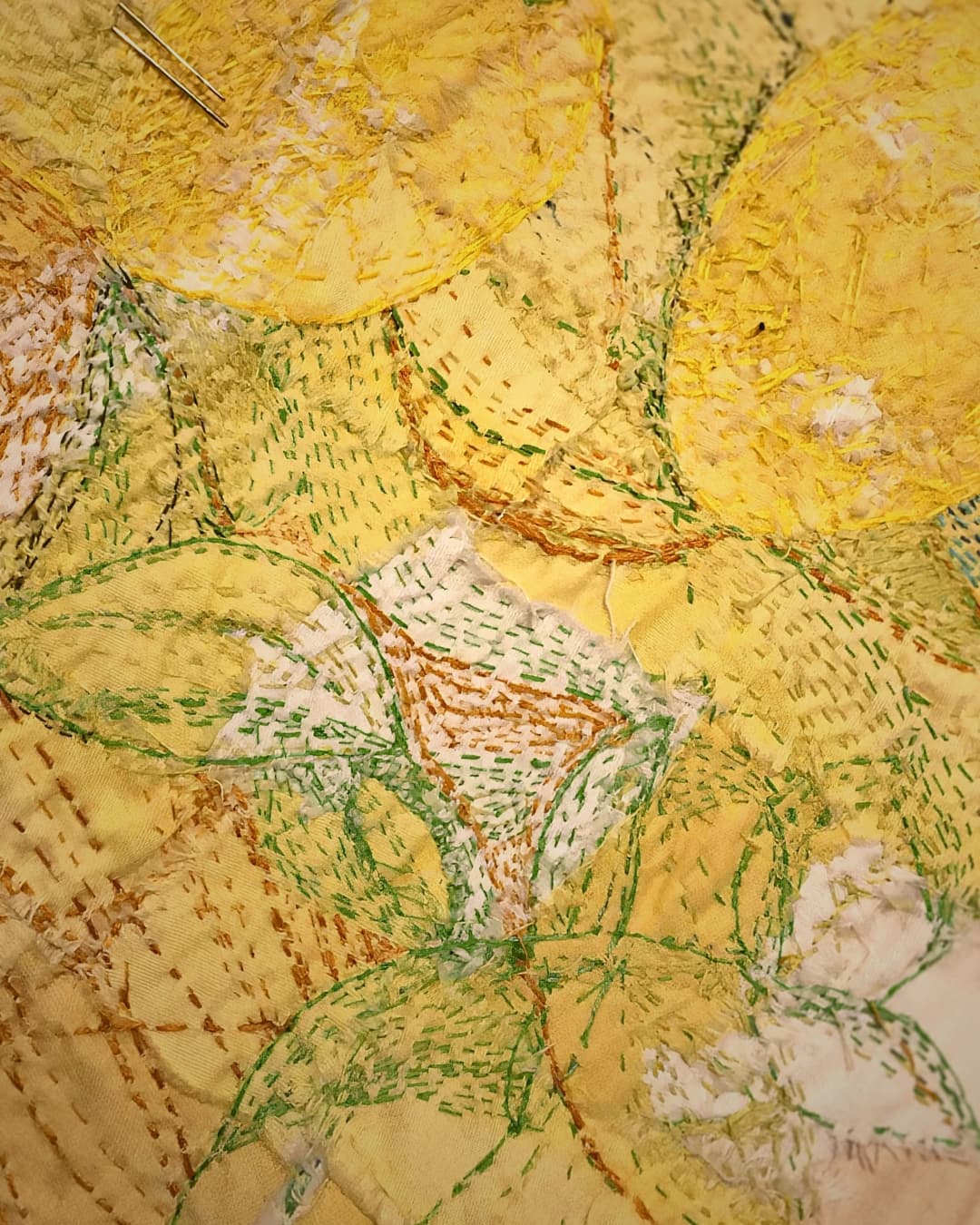
6 simple ways to unleash your creativity in small pockets of time
1. Embrace the power of tiny
Forget masterpieces. Start with moments.
- A single experimental stitch during your coffee break
- Fifteen to thirty minutes of colour play before bed
- One small sample square per week
Remember: A cathedral is built one stone at a time.
Your artistic journey begins with a single stitch.
Celebrated textile artist Clarissa Callesen puts it perfectly: “When a child learns how to play the piano, we don’t expect them to compose an original symphony.”
“They play ‘Mary Had A Little Lamb’ over and over again, and then progress to harder, more challenging compositions as they go.”
2. Fall in love with the process
Try to imagine:
- The meditative rhythm of needle through fabric
- Asking “what if?” instead of “what should?”
- The satisfaction of seeing your unique vision emerge, experiment by experiment, stitch by stitch
The magic isn’t just in the final piece – it’s in the moments of creation.
Textile artist Monica Bennett discovered: “Samples give me the confidence to tackle larger or more intricate pieces because I can try out a concept or thought beforehand and see how and where I could develop it.”
3. Use limits as launchpads
Complete freedom can be paralysing. Instead, why not:
- Choose just three colours
- Work with only one type of stitch
- Don’t buy anything new! Use only the materials you already have
Watch how these boundaries spark rather than stifle your creativity.
Sue Stone’s three-fabric, three-thread, three-colour Stitch Club workshop helps members avoid decision fatigue and unleash creativity.
Just look at the diverse, beautiful pieces showcased above created by Stitch Club members Linda Florio, Ruth Atkinson, and Debbie Greene using these simple constraints.
4. Transform “failures” into discoveries
Every “mistake” is an invitation to:
- Let “wrong turns” lead to new techniques
- Use imperfections to develop your unique style
- Turn missteps into creative opportunities
Wendy Kirwood’s breakthrough moment: “I wasn’t happy with the look that my pale threads were giving my piece.“
“So I started cutting the stitches to remove them, and things started fraying. But, actually, this looked really appealing, so I embraced my mistake, and kept the cut threads.”
As Mary Kelly says, “Detours are always more interesting than the main road.”
5. Let structure set you free
Having a clear path forward doesn’t mean being inflexible or uninstinctive, but it eliminates the energy-draining question of “What next?” Whether through:
- Following a workshop structure
- Creating your own step-by-step plan
- Setting simple daily goals
When you know what to do next, you spend less time thinking and more time creating. Your subconscious mind keeps working on ideas between sessions, leading to unexpected breakthroughs.
6. Stand on the shoulders of giants
Give yourself permission to:
- Learn from artists you admire
- Practice techniques that inspire you
- Combine influences to find your voice
Textile artist Sabine Kaner reassures us: “Being influenced by other people’s work is quite normal and it’s all part of the process of discovering more about yourself.”
“You will eventually pull away from that and start introducing things into your work that are unique to you.”
Clarissa Callesen adds: “Originality is a concept that we’ve put up on a pedestal as the ultimate.”
“But I think that when we concentrate too much on originality it stops us from following our own curiosity. Copying is normal as a starting point.”
“When you combine inspirations and techniques from different artists, you create the thing that is yours.”
Clarissa Callesen, Textile Artist
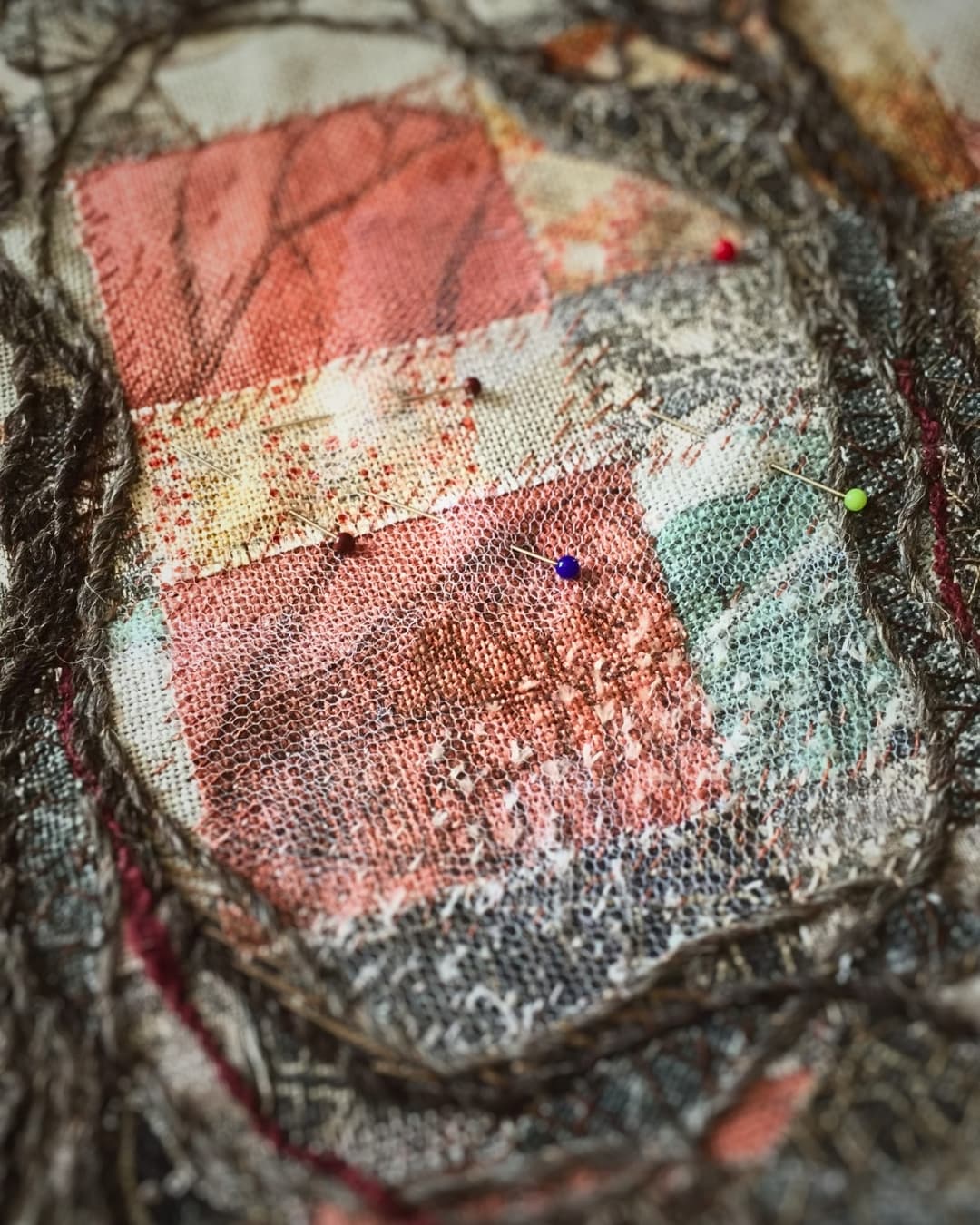
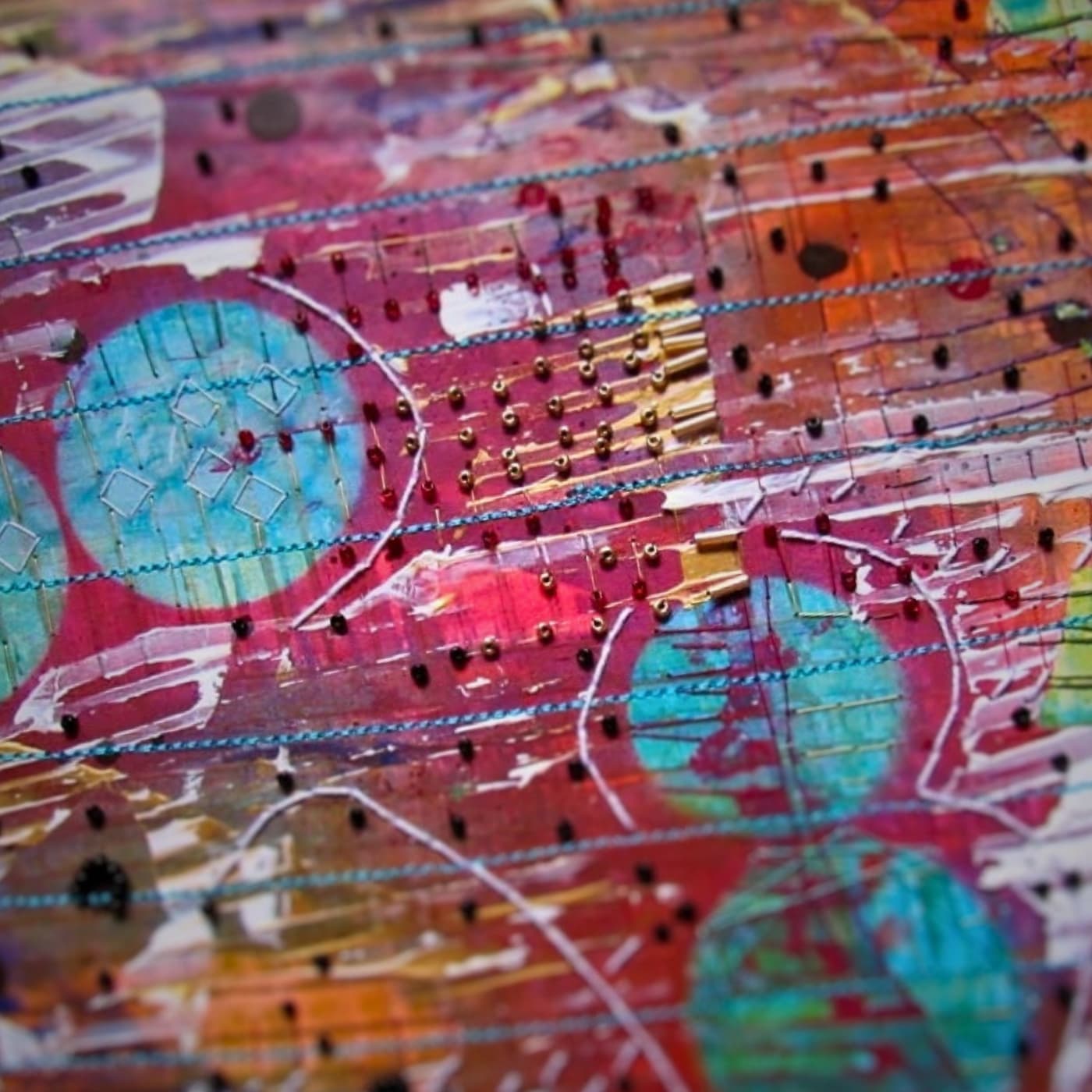
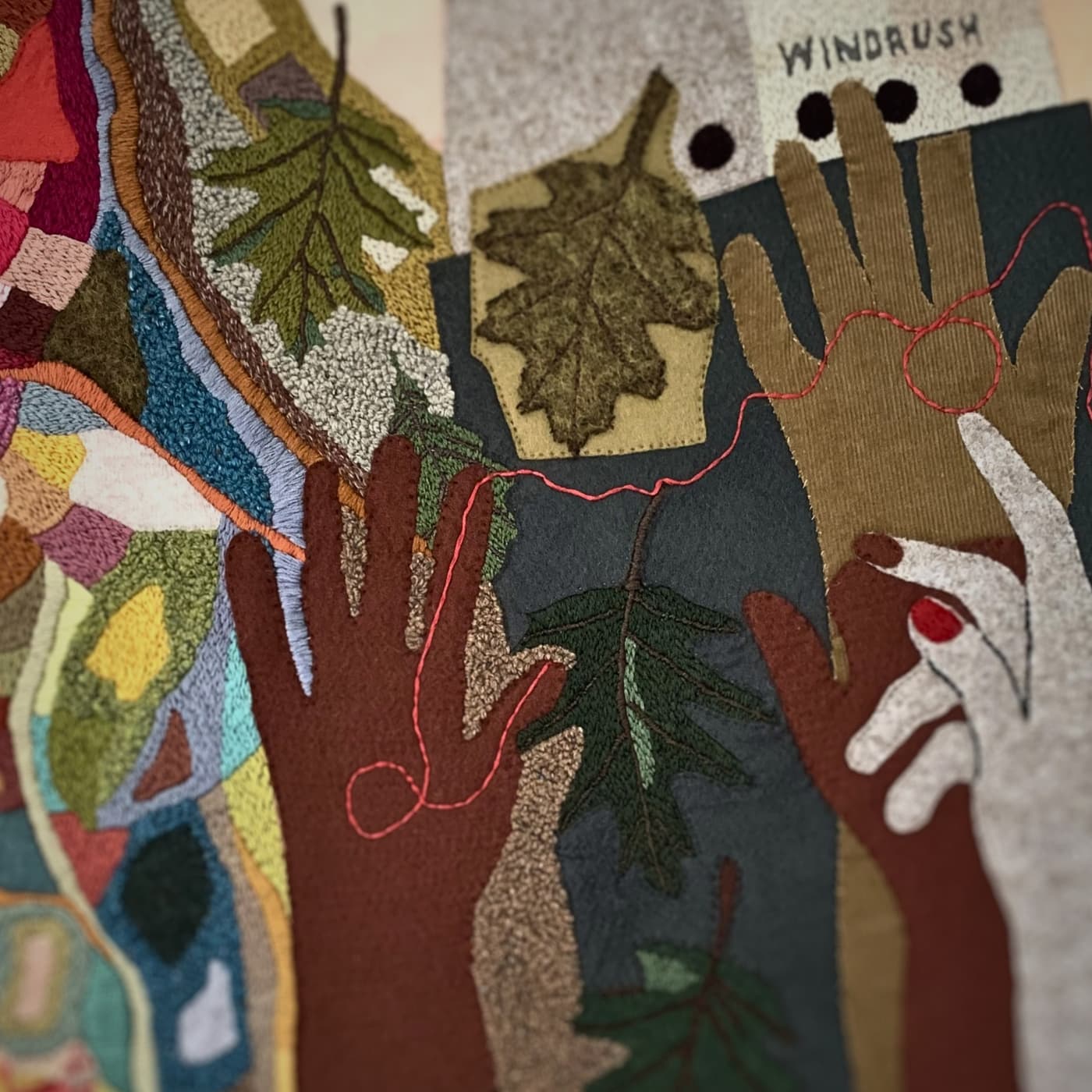
Your creative awakening awaits
That creative energy inside you? It’s not just a whim. It’s not just a hobby. It’s a vital part of who you are, waiting to emerge.
Every day you wait is another day of creative expression lost forever. But here’s the beautiful truth: You can start right now. Not when you have more time. Not when you’ve mastered every technique. Now.
Think of it this way:
- Every textile artist you admire started exactly where you are
- Every stunning piece began with a single stitch
- Every creative journey starts with one small step
Take that step. Make that stitch. Join a community that understands and supports your creative journey.
Your artistic voice is waiting. Isn’t it time you let it speak?
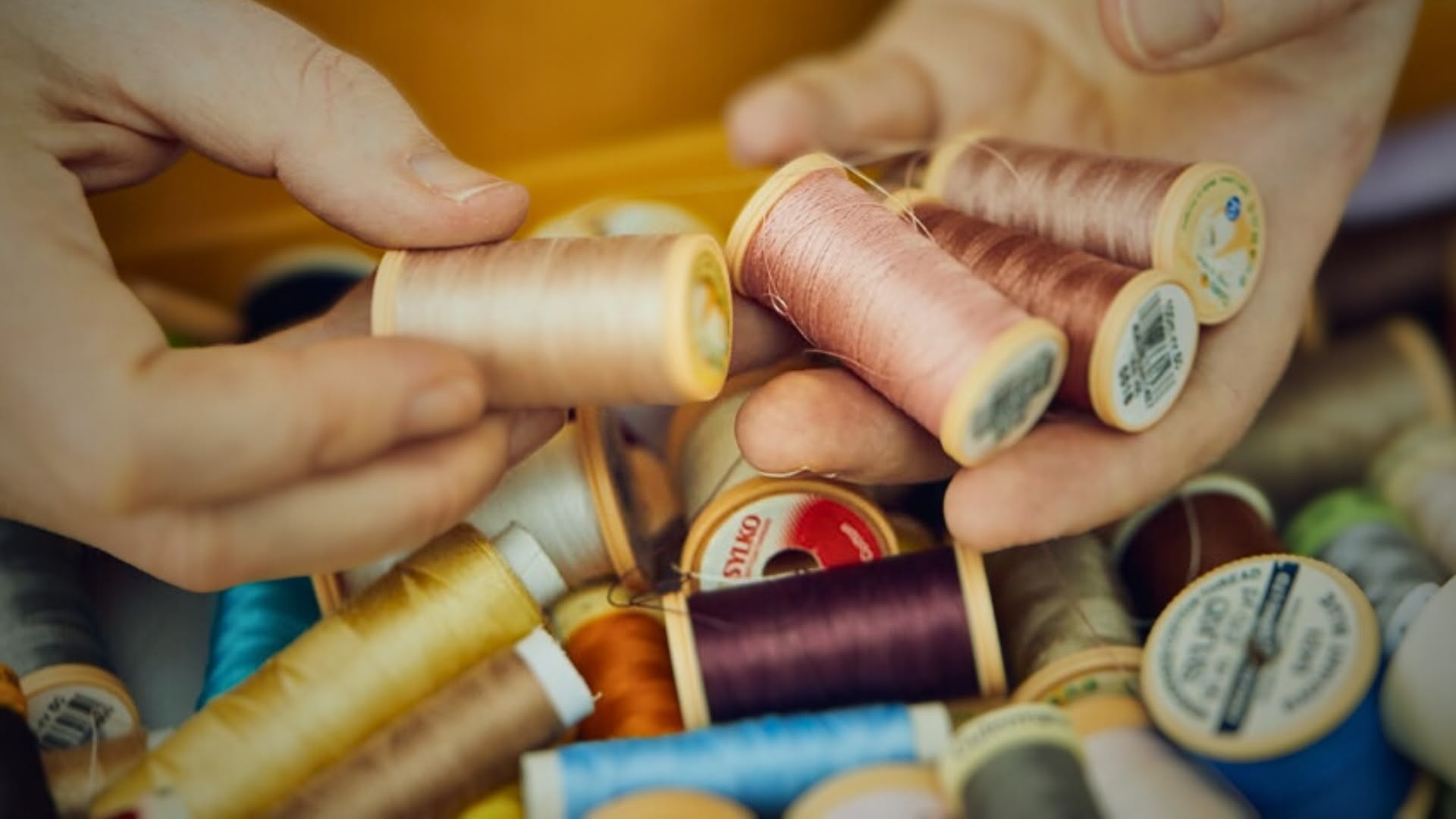
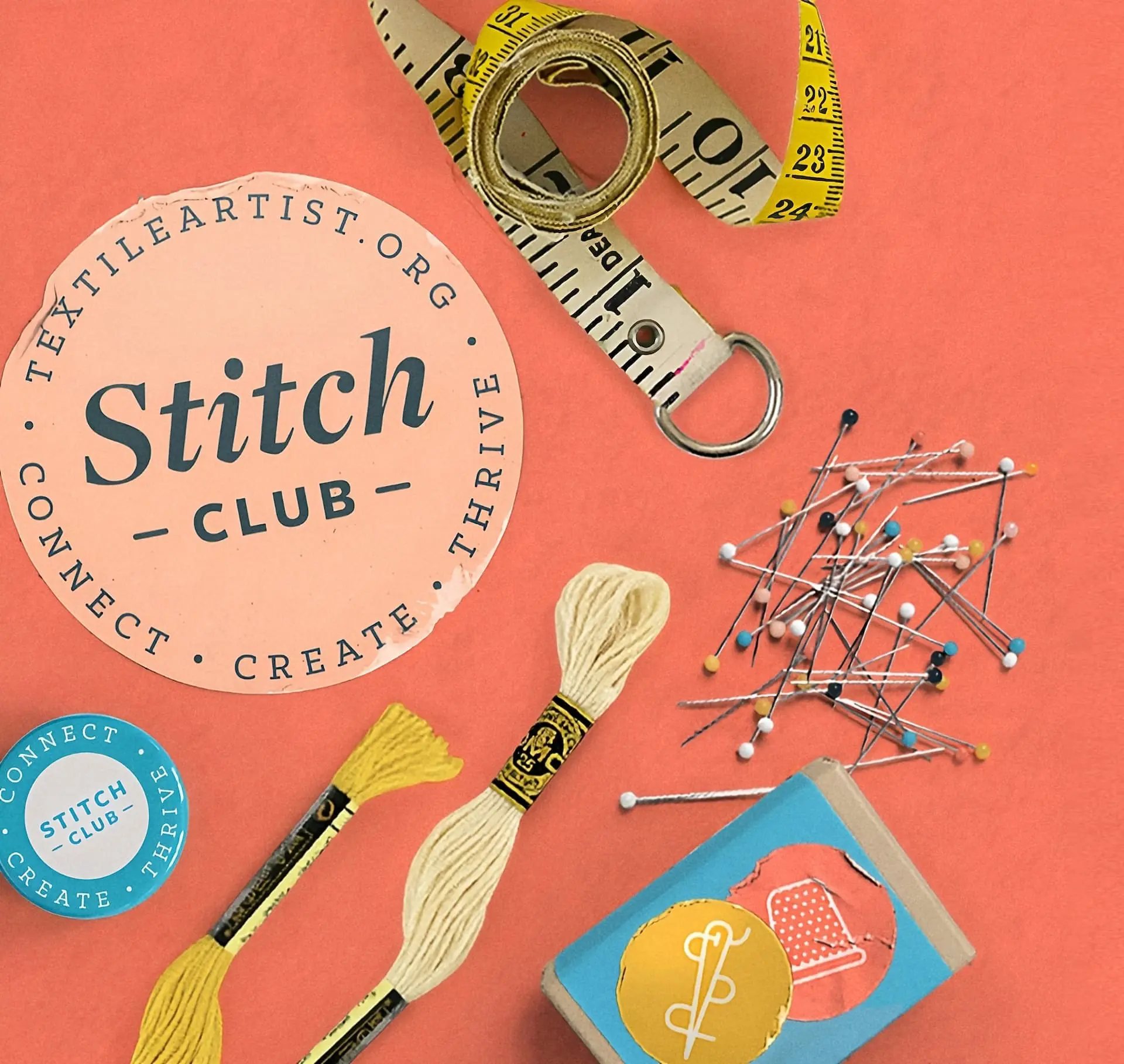

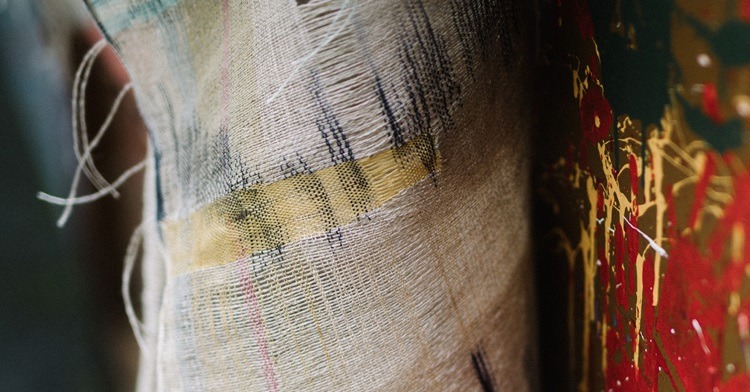

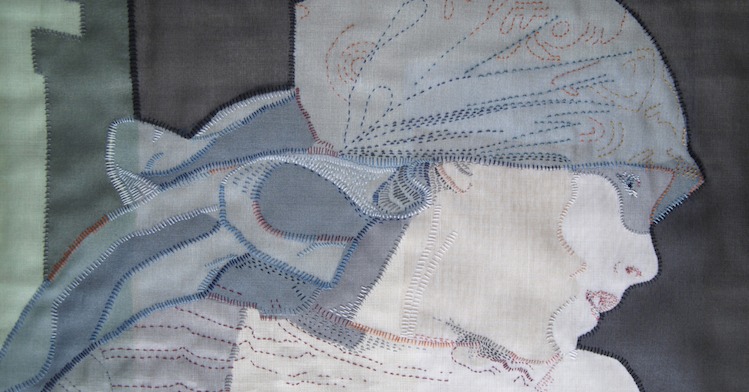

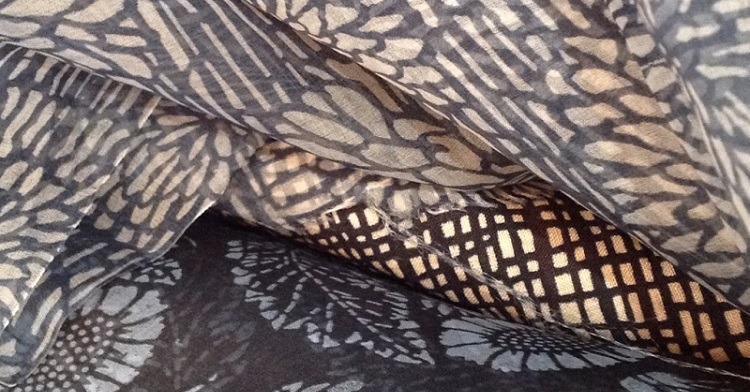
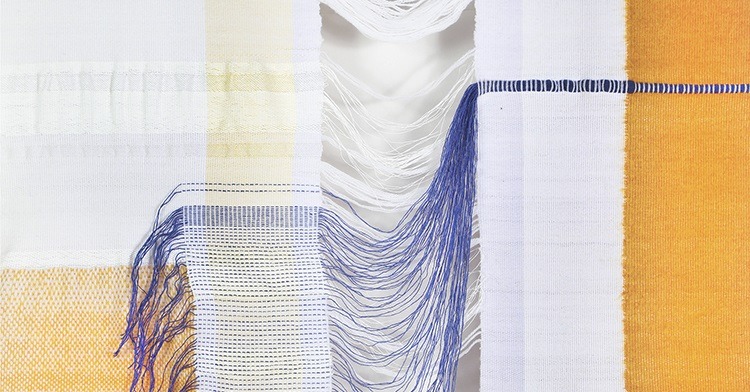
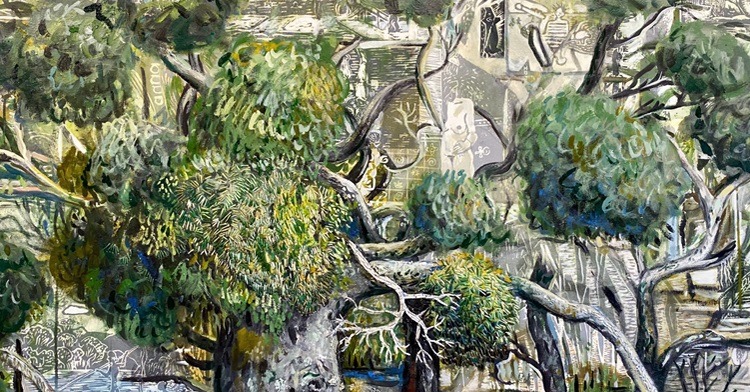

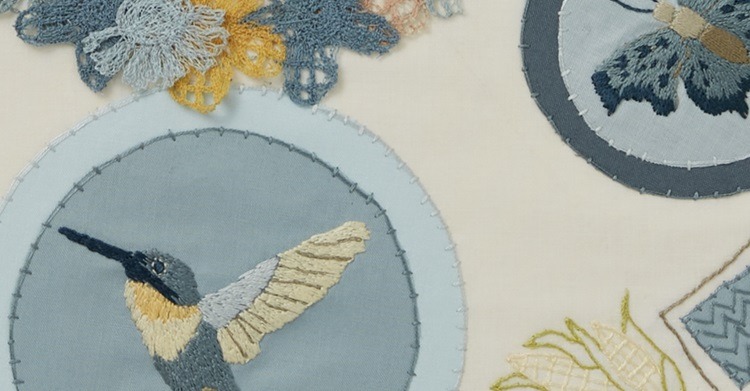
14 comments
Robyn Sellars
The newsletter is so inspiring. Thank you for this helpful advice.
Zeni Shariff
Thank you for sharing.
Heather Phillips
Manage to do some creative work but life gets 8n the way! Don’t these lovely creative people have to do any domestic chores? Don’t they sometimes have health pr9blems? I have no transport now which means outside tasks take twice as long.. Try walking everywhere! Arthritic hands Don’t help either! But I still struggle on!
Di
I know what you mean. Arthritis has made me much slower at completing tasks but I still try to do something creative every day. Keep on trucking, Heather.
Charlotte
Hi Heather,
Thank you for sharing that. It’s so inspiring that you continue to stay creative every day despite the challenges of arthritis. It’s not always about speed but the joy and fulfilment the process brings. Keep on creating and doing what you love—your perseverance is truly admirable!
Wishing you lots of creative energy, Stitch club team!!
janet
Stitch club is my creative rock. It keeps me going and picks me up when I am low Thank you
amberley
That’s wonderful to hear, Janet!
Barbara Johnson
I’m ok with all the issues discussed; worked through them now although still struggle with too many projects. M big problem is lack of opportunity for peer review.
Alesia jefferson
I want to join
Charlotte
Hello Alesia, We are just gearing up for a free taster session and during this time we will open up for new members.
Please make sure you’re on our waitlist and signed up for our newsletters. Here’s the link: https://training.textileartist.org/waitlist/
We are super excited about our new year offering and welcoming some new members into Stitch Club see you very soon!!
SLine
I introduced my great granddaughter, 7, to the sewing machine this summer. Watching her excitement and joy when her stitching produces an arm warmer or a cat toy or a doll pillow shows me how much “trying to be perfect” can take the joy out of pure creativity.
Peggy
Thank you for these ideas! It’s just what I needed
Deb
Great advice! Thanks so much.
Olga Bennett
The hardest step is starting with a needle and thread and a piece of fabric